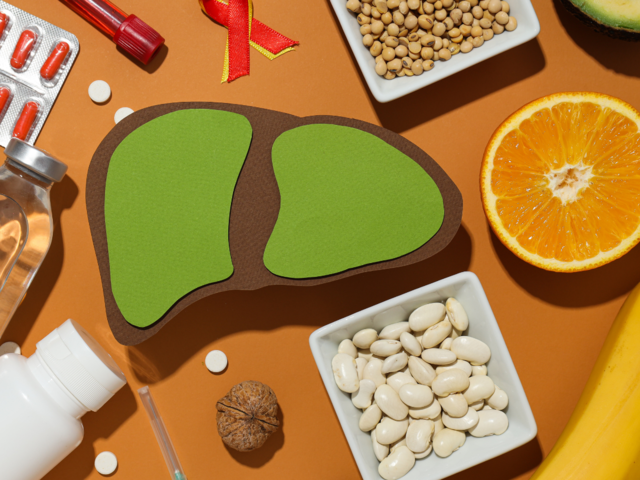
We deep-dive into some of the initiatives that have been taken up so far by the tech players.
Mar 19, 2020, 10:00 IST
ad-tech
How top tech players are taking up an active role in fighting misinformation around Coronavirus
Mar 19, 2020, 10:00 IST
We deep-dive into some of the initiatives that have been taken up so far by the tech players.
- Some of the largest tech platforms like TikTok,
Facebook , Google, Instagram, Twitter are using the power of internet to curb misinformation aroundcoronavirus and help people weather this storm together. - In a statement released on March 17, Google Policy made an announcement about its collaboration with Facebook, Reddit, YouTube, Microsoft, and LinkedIn.
- TikTok, which wasn’t present on Google’s list, has also collaborated with the World Health Organisation (WHO) to provide trusted information to its community
- We deep-dive into some of the initiatives that have been taken up so far by the
tech players .
In a statement released on March 17, Google Policy made an announcement about its collaboration with Facebook, Reddit, YouTube, Microsoft, and LinkedIn. So, we deep-dive into the initiatives that have been taken so far.
In an effort to mitigate Coronavirus’ spread, support medical facilities and personnel, and help communities recover, the tech giant Google is aiming to raise $7.5 million to help stop COVID-19.
For every $1 you donate by April 30, 2020, Google.org will donate $2, up to $5 million, to benefit the COVID-19 Solidarity Response Fund for the World Health Organization (through the UN Foundation).
Thanks @DrTedros & @WHO for your leadership on the #COVID19 response. We’re proud to support your work by matching… https://t.co/ISni2O5Xhf
— Sundar Pichai (@sundarpichai) 1584120075000It has also started promoting “Do the Five” campaign to raise awareness of simple measures people can take to slow the spread of the disease, as said by WHO.
TikTok
TikTok, that wasn’t present on Google’s list, has collaborated with the World Health Organisation (WHO) to provide trusted information to its community. If you explore the hashtags around Coronavirus, a banner appears that directs users to authentic health resources and gives easy access to WHO’s website.
Apart from that, various government bodies such as Kerala Police and Durg Police are disseminating information around how to take the right precautions during this tough time, rather creatively on the platform.
TikTok has also added a label, which is available in 24 languages, reminding users to seek information from credible sources. The tag prompts users to consult their local health authorities for the latest information on COVID-19, which are listed in its Safety Center page.
Users can also report false information by selecting the Misleading Information category, and these reports are sent to a dedicated team of moderators.
After adding prompts and directing its users to WHO’s website like every other platform, Facebook announced that it is creating a $100 million grant program to help small businesses around the world impacted by the coronavirus.
Sheryl Sandberg, Chief Operating Officer, Facebook shared the latest development on her page.
Her statement read, “In recent weeks, we have seen inspiring examples of individuals and groups helping each other. People across the globe are stepping up, rising to the enormous challenge in front of us. We want to do our part too. Small businesses are the heartbeat of our communities, and many of the people who run these businesses are heavily affected by the crisis – especially as more and more people sensibly stay home. The longer the crisis goes on, the greater the risk to small businesses and to the livelihoods of their owners and employees.”
Facebook is also looking at additional ways to host virtual trainings and is finding more ways to help people connect and learn to use technology through Blueprint, its free e-learning training program.
The tech giant has further made its Business Hub, [Facebook.com/resource] a resource for Facebook employees and health experts — readily available for all. It gives some tips to businesses who are also experiencing unexpected challenges at work.
In challenging circumstances, it may be more difficult than usual for businesses to support its employees and communicate with customers. Facebook has a free suite of tools that can help you stay connected with your customers and employees. It is also providing free ads to WHO, and organisations working with health experts.
Facebook’s Instagram is also prompting its users when they look up information around Coronavirus to WHO’s account.
YouTube
All content focussed on Coronavirus will be demonitized by YouTube until further notice, as it is a serious issue that should be dealt with responsiveness, shared Tom Leung, Director of Product Management, YouTube shared in a video with Creator Insider. This rule, however, doesn’t apply to news videos. By doing this, YouTube is acting as a gatekeeper of information; only allowing the verified sources to go through.
The first option that appears after you search ‘Coronavirus’ is WHO’s channel.
Twitter is upping its internal and external efforts to build partnerships, protect the public conversation, help people find authoritative health information, raise relief funds, and contribute pro bono advertising support to ensure people are getting the right message, from the right source.
It has set up a dedicated internal Covid-19 campaign page through which its employees can donate to relevant nonprofit organizations, and Twitter will match donations up to $2,000 per employee.
It has also partnered with the national public health agency in the countries that are in threat or the World Health Organization directly.
Twitter has halted any attempt by advertisers to opportunistically use the Covid-19 outbreak to target inappropriate ads. However, Government entities that want to disseminate public health information will be permitted to promote ads on Covid-19.
In the case of Covid-19, Twitter has also put additional safeguards into place in order to facilitate the sharing of trusted public health information and to reduce potential harm to users. It is currently prohibiting the promotion of all medical masks due to strong correlation to Covid-19 and instances of inflated prices globally.
INSIDER INTELLIGENCE REPORTS







